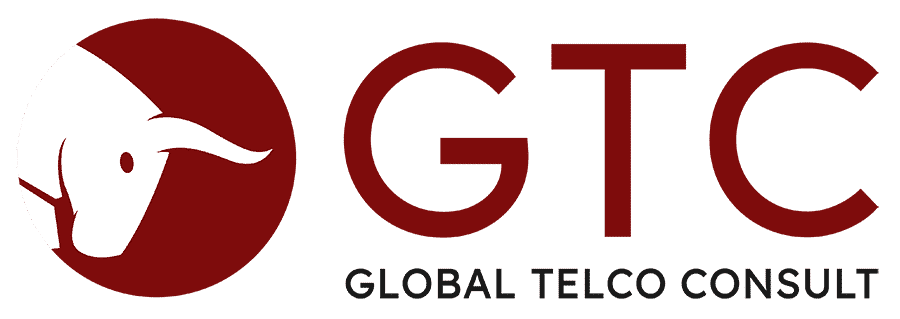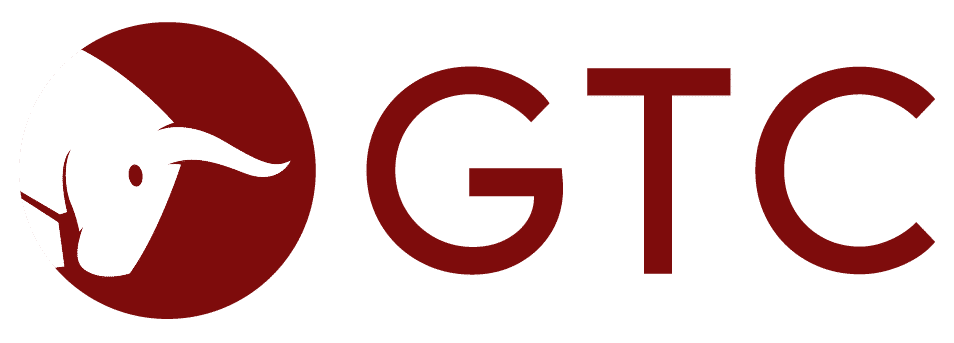In the realm of digital technology, fraud is an ever-evolving adversary. For technology firms in the United States, it presents a continuous challenge that demands vigilance and adaptability.
The telecom industry, a subset of the broader technology sector, has also been significantly impacted. In 2023, telecommunications fraud increased by 12%, resulting in an estimated loss of $38.95 billion. This represented 2.5% of telecommunications revenues. The top fraud methods included Subscription (Application) Fraud, Subscription (Credit Mule) Fraud, PBX Fraud, Account Takeover, and Service/Equipment Abuse.

Historically, instances of fraud were relatively straightforward. However, with the advent of sophisticated digital tools, fraudsters have become more inventive, posing significant threats to technology firms.
For instance, phone scams have been particularly prevalent, with Americans losing $29.8 billion to such scams in a single year. These scams often involve fraudsters pretending to be from legitimate organizations, such as the IRS or a company inquiring about an expiring warranty on a vehicle.
Addressing this issue is not merely a matter of allocating substantial financial resources. While cybersecurity spending reached an impressive $150 billion in 2021, growing by 12.4 percent annually, the key lies not in the amount spent but in the strategic allocation of these resources.
Public awareness campaigns also play a crucial role. Effective campaigns can significantly contribute to fostering a culture of security awareness among the public.
Collaboration is another essential aspect. The joint efforts of Microsoft, Amazon, and international law enforcement agencies to combat tech support fraud exemplify the power of collaborative action.
Technological advancements such as artificial intelligence and machine learning are invaluable tools in the fight against fraud. However, technology alone is not the solution. It is equally important to educate users about potential threats and safe practices.
Finally, regulatory compliance is a critical factor. Navigating the changes in regulations can be challenging, but it is a necessary process to ensure lawful operations.
Combating fraud is a multifaceted endeavor. It requires proactive measures, strategic planning, effective communication, collaboration, innovation, education, and regulatory compliance. It is a demanding task, but U.S. technology firms, including those in the telecom industry, are well-equipped to rise to the challenge.
Click here if you want a more in-depth explanation of this phenomenon.
Global Telco Consult (GTC) is a trusted independent business messaging consultancy with deep domain knowledge in application-to-person (A2P) services. GTC provides tailor-made messaging strategies to enterprises, messaging service providers, operators and voice carriers. We have expertise in multiple messaging channels such as RCS, Viber, WhatsApp, Telegram and SMS for the wholesale and retail industry.
GTC supports its customers from market strategy through service launch, running the operations and supporting sales and procurement. The company started in 2016 with a mission to guide operators and telcos to embrace new and exciting opportunities and make the most out of business messaging. For more information or industry insights, browse through our blog page or follow us on LinkedIn.






